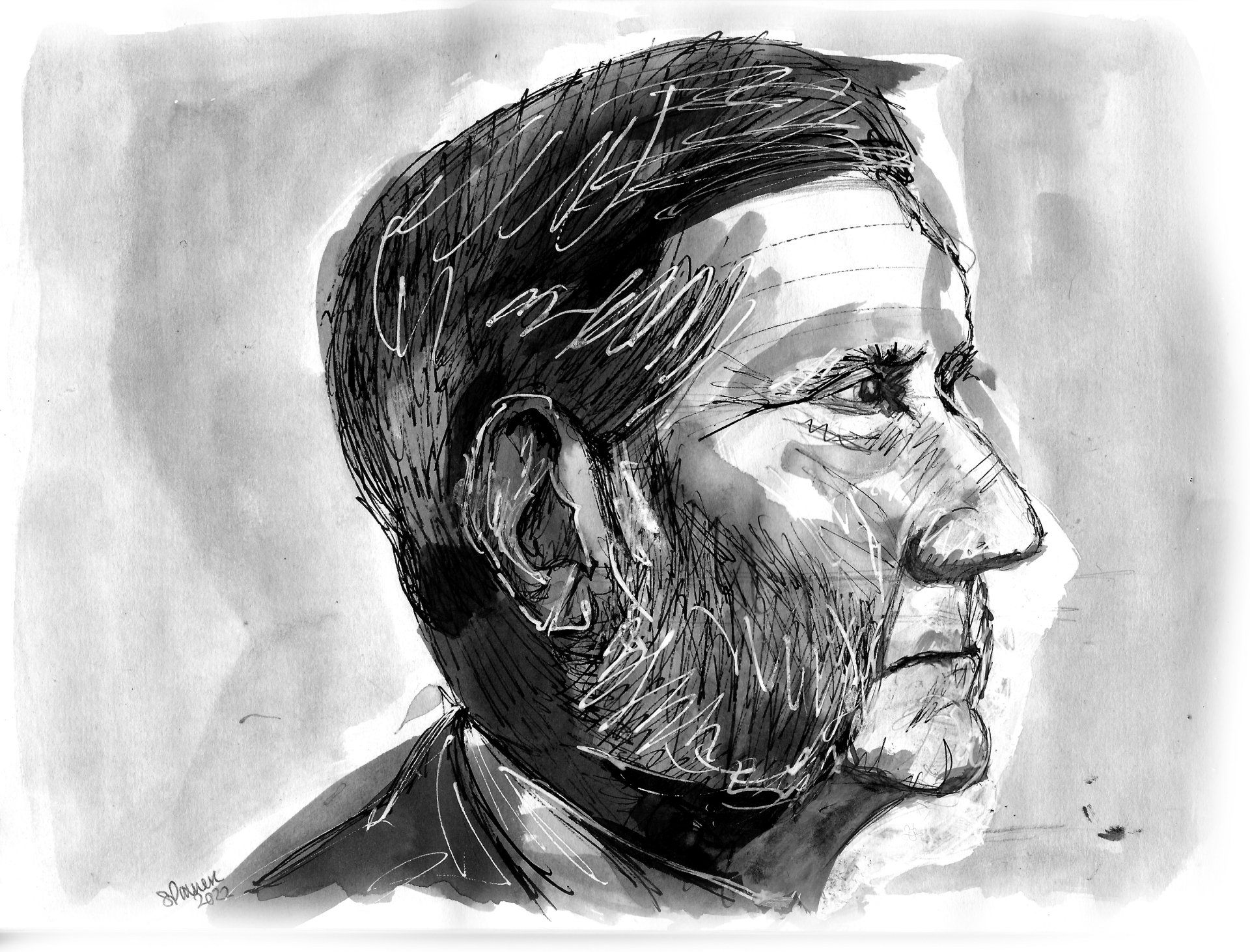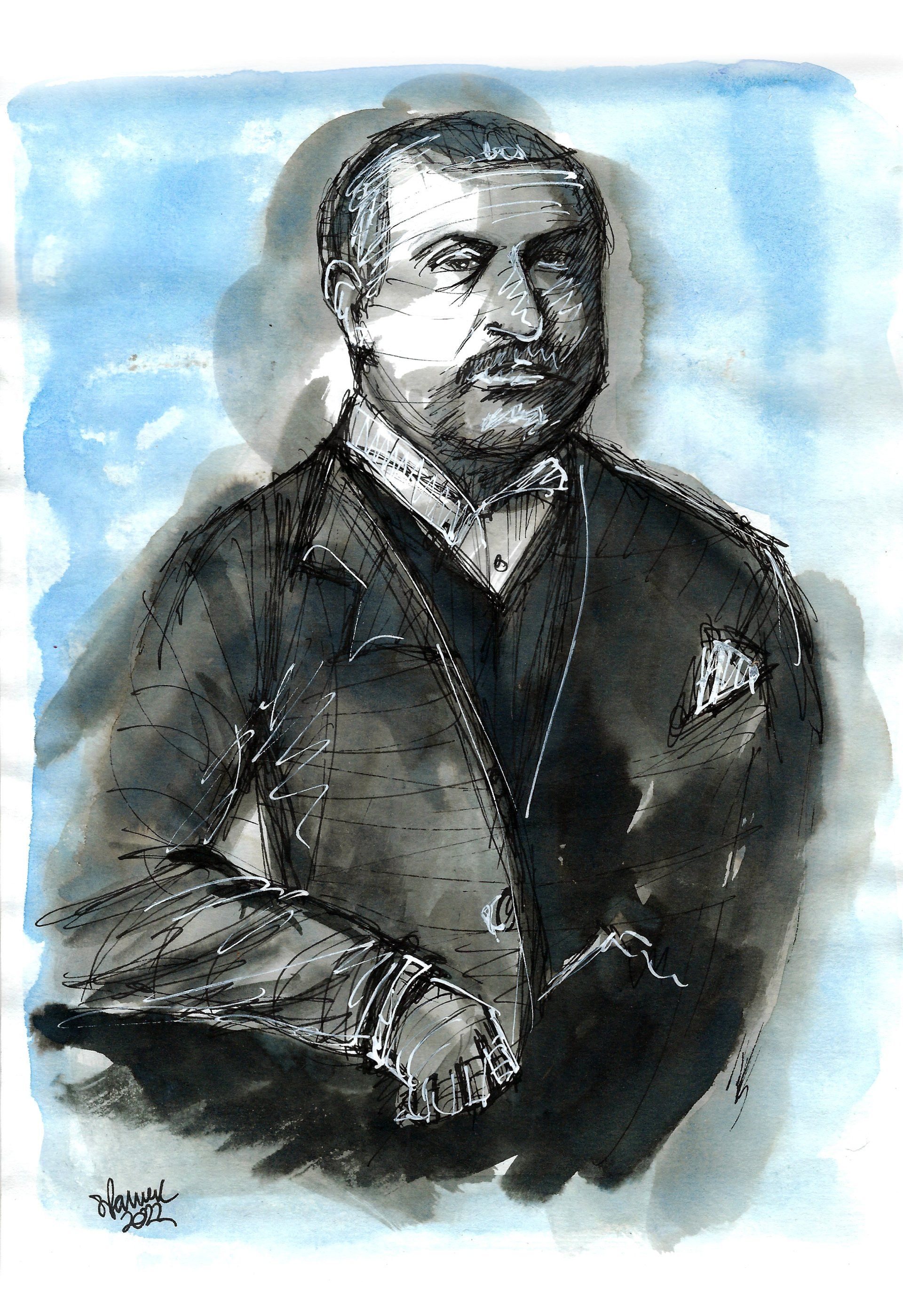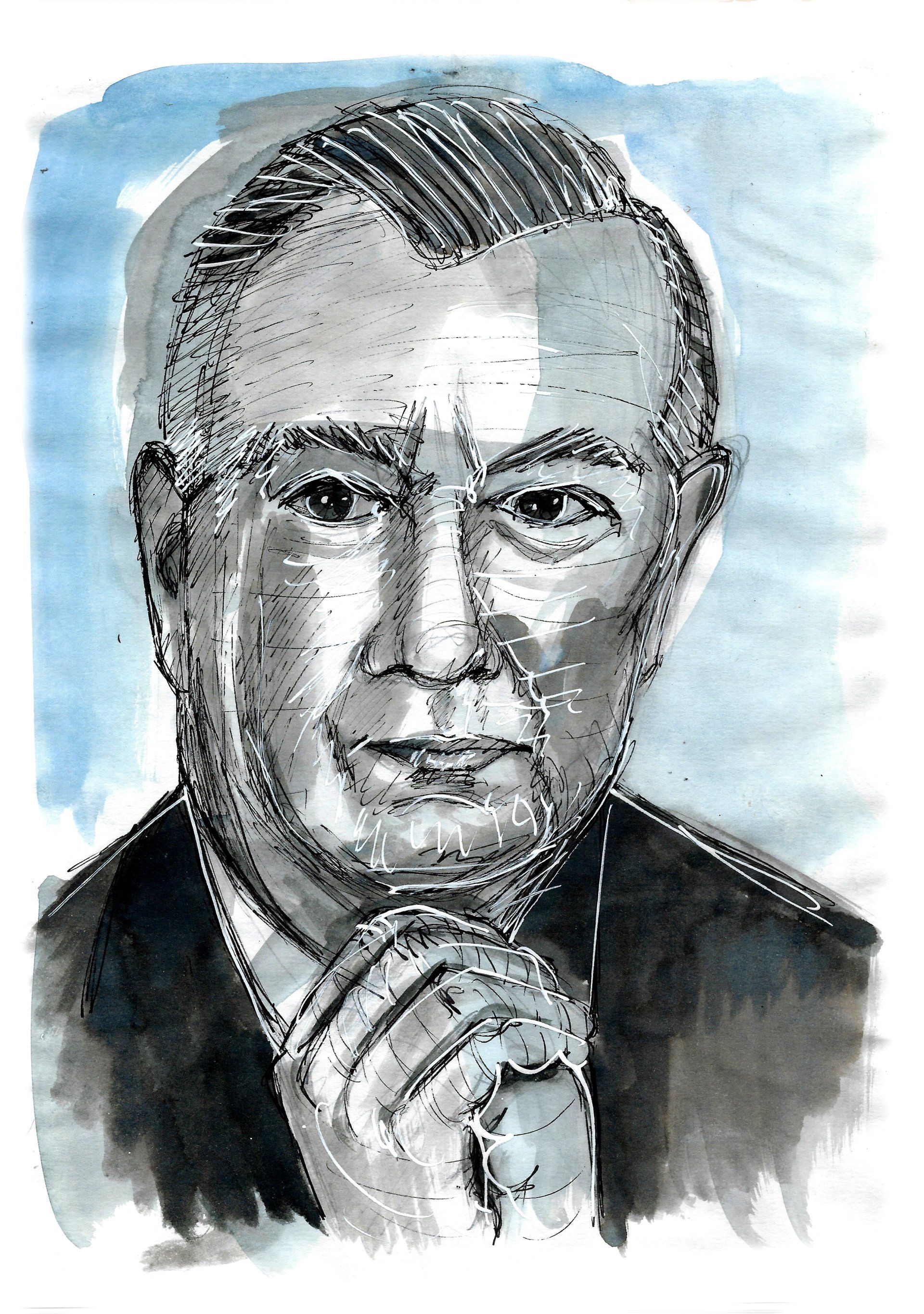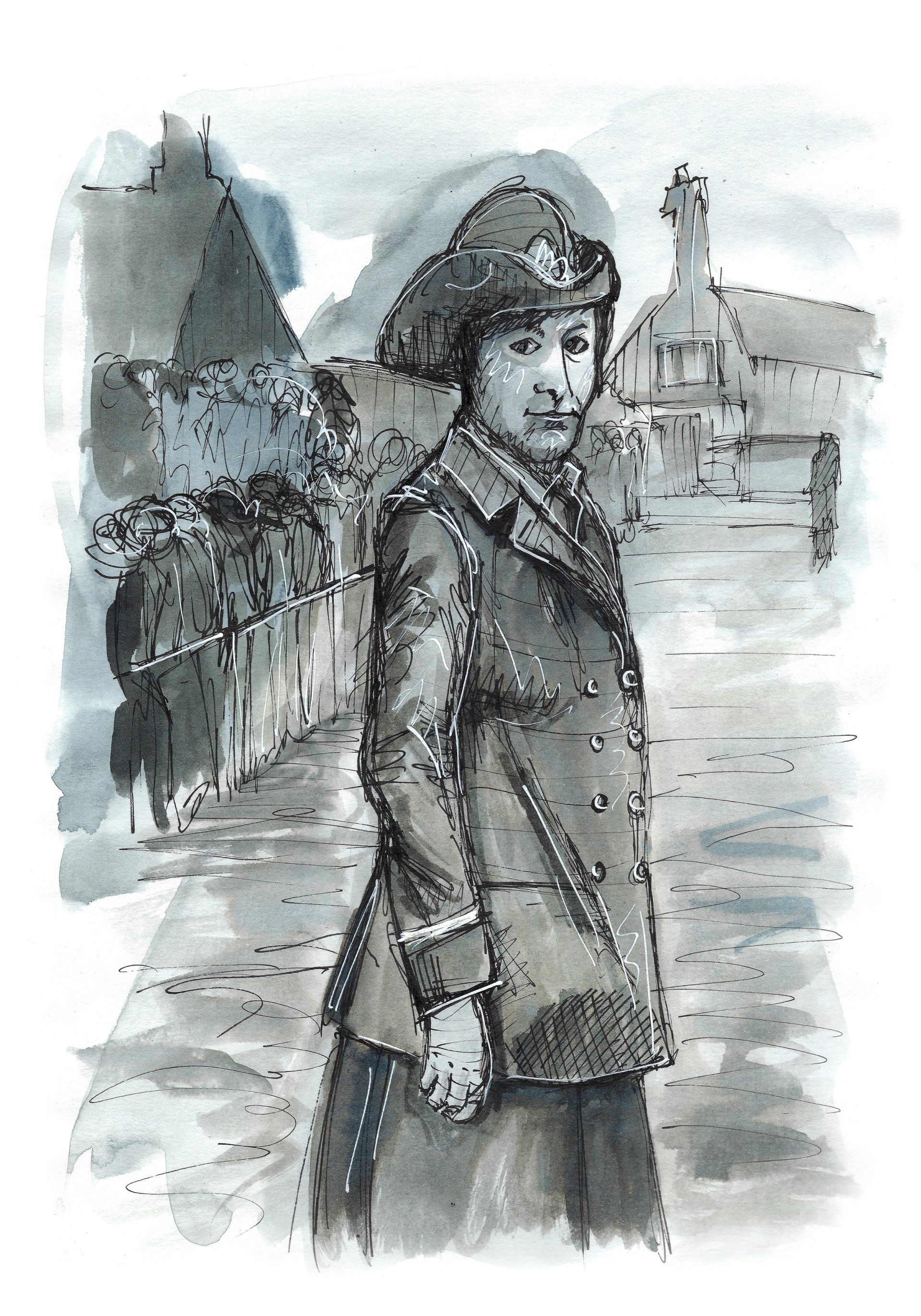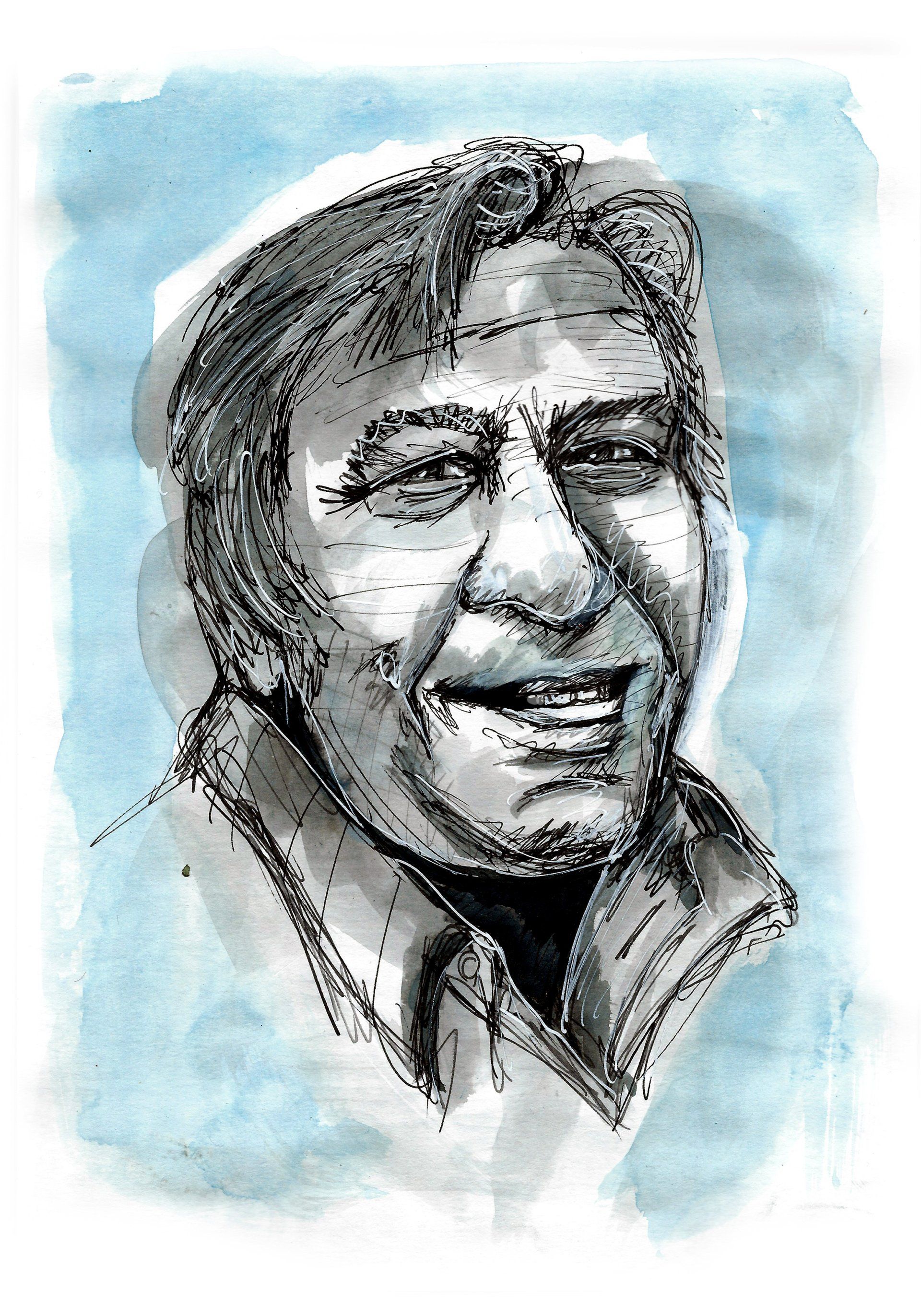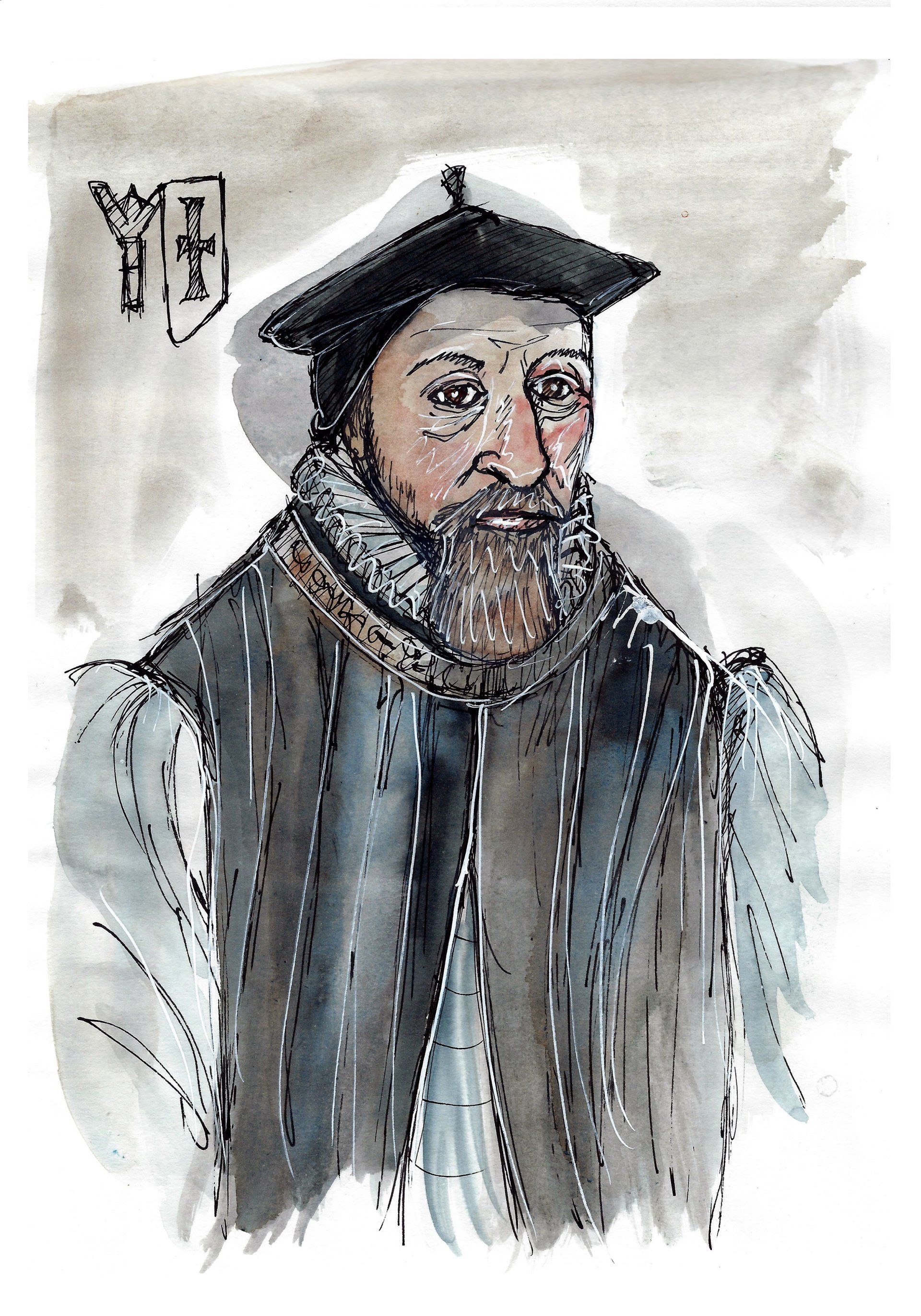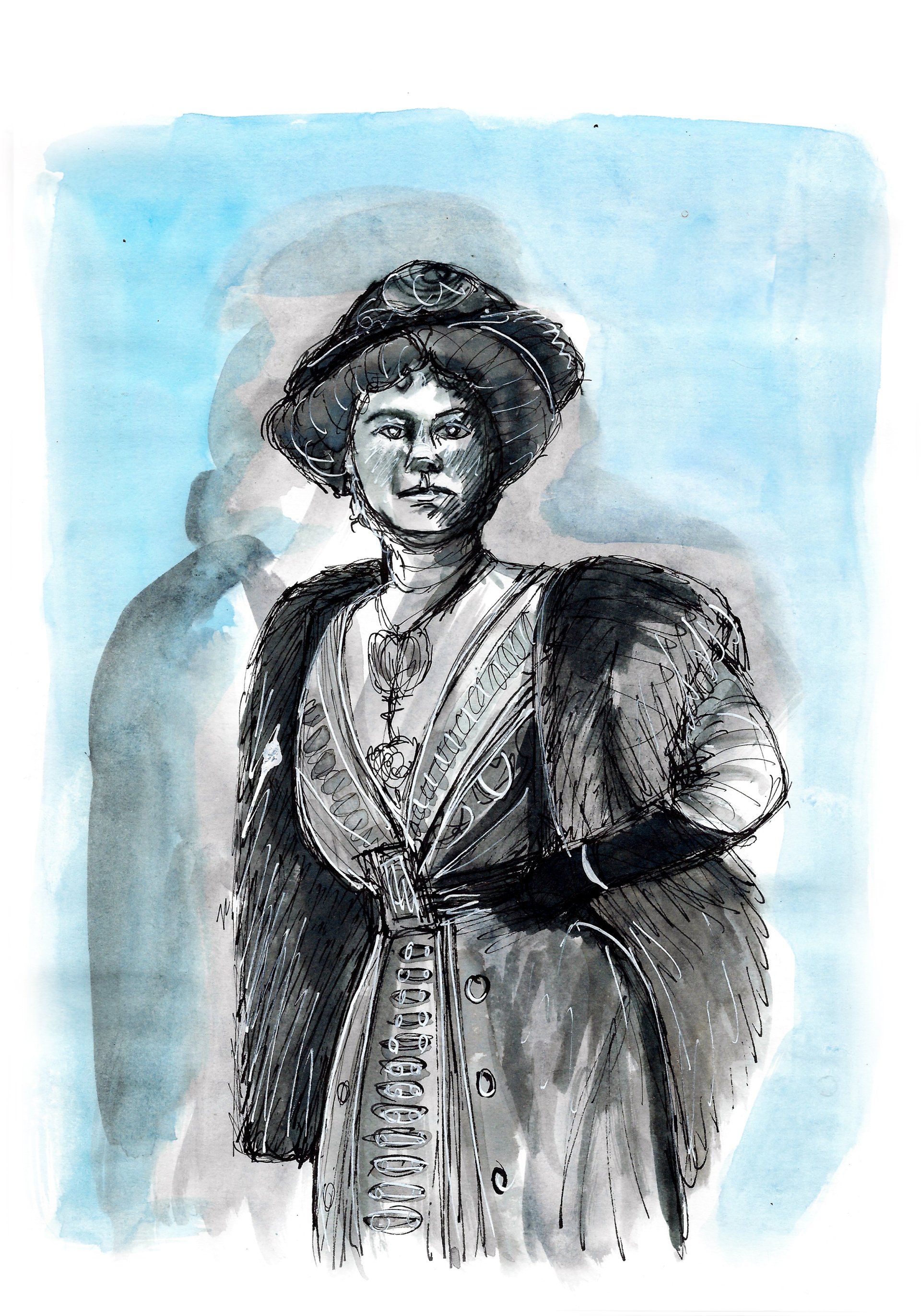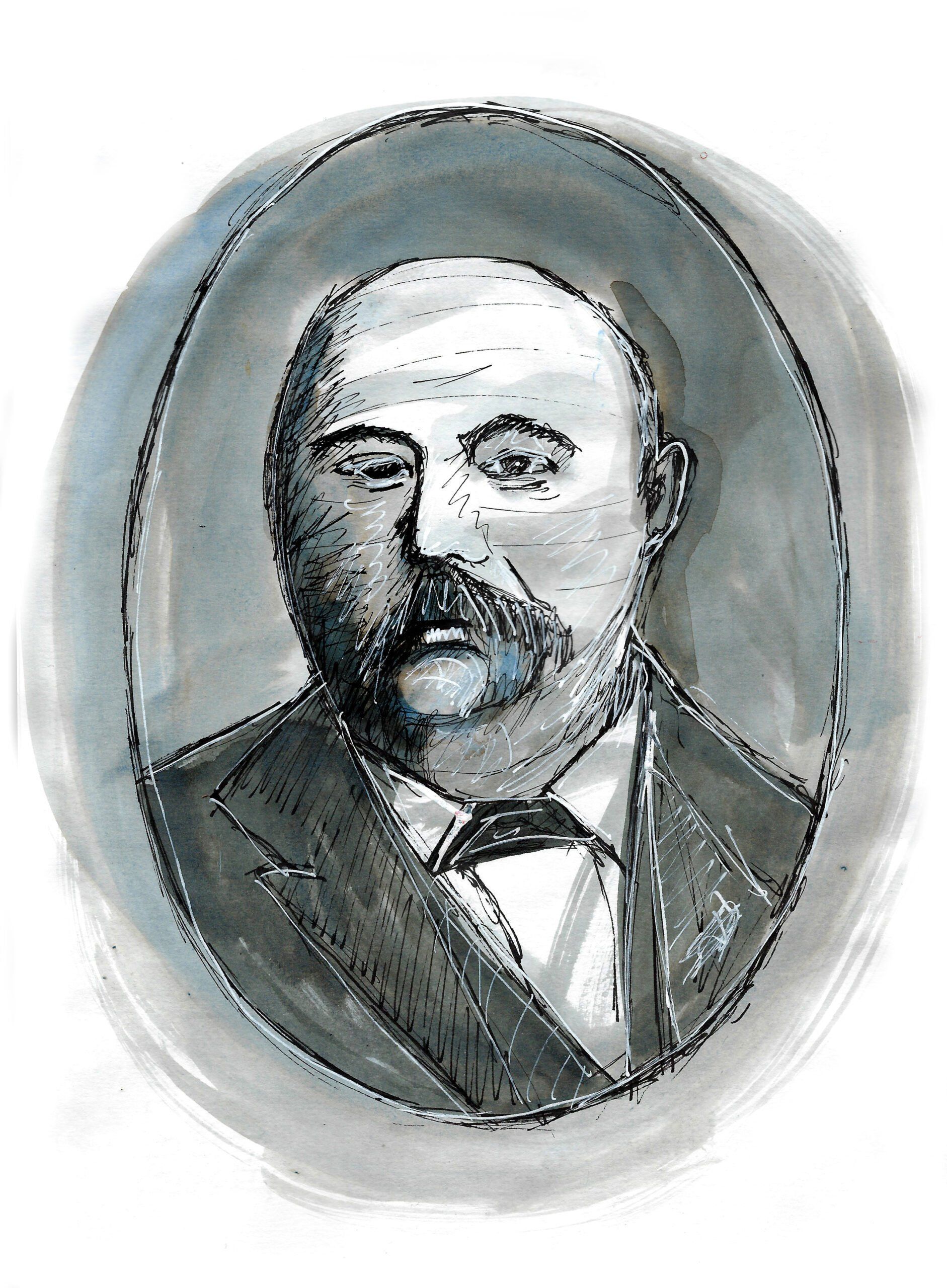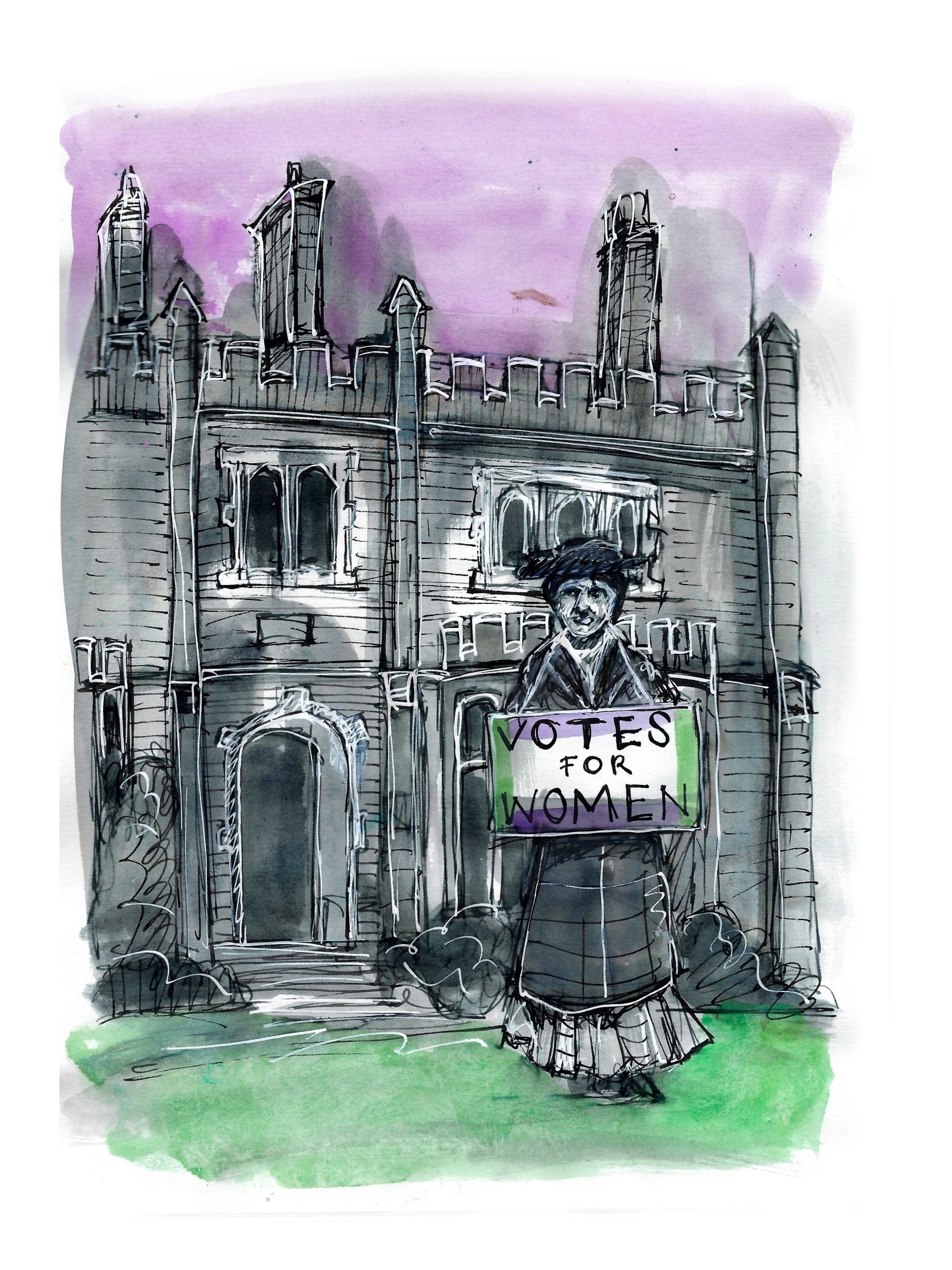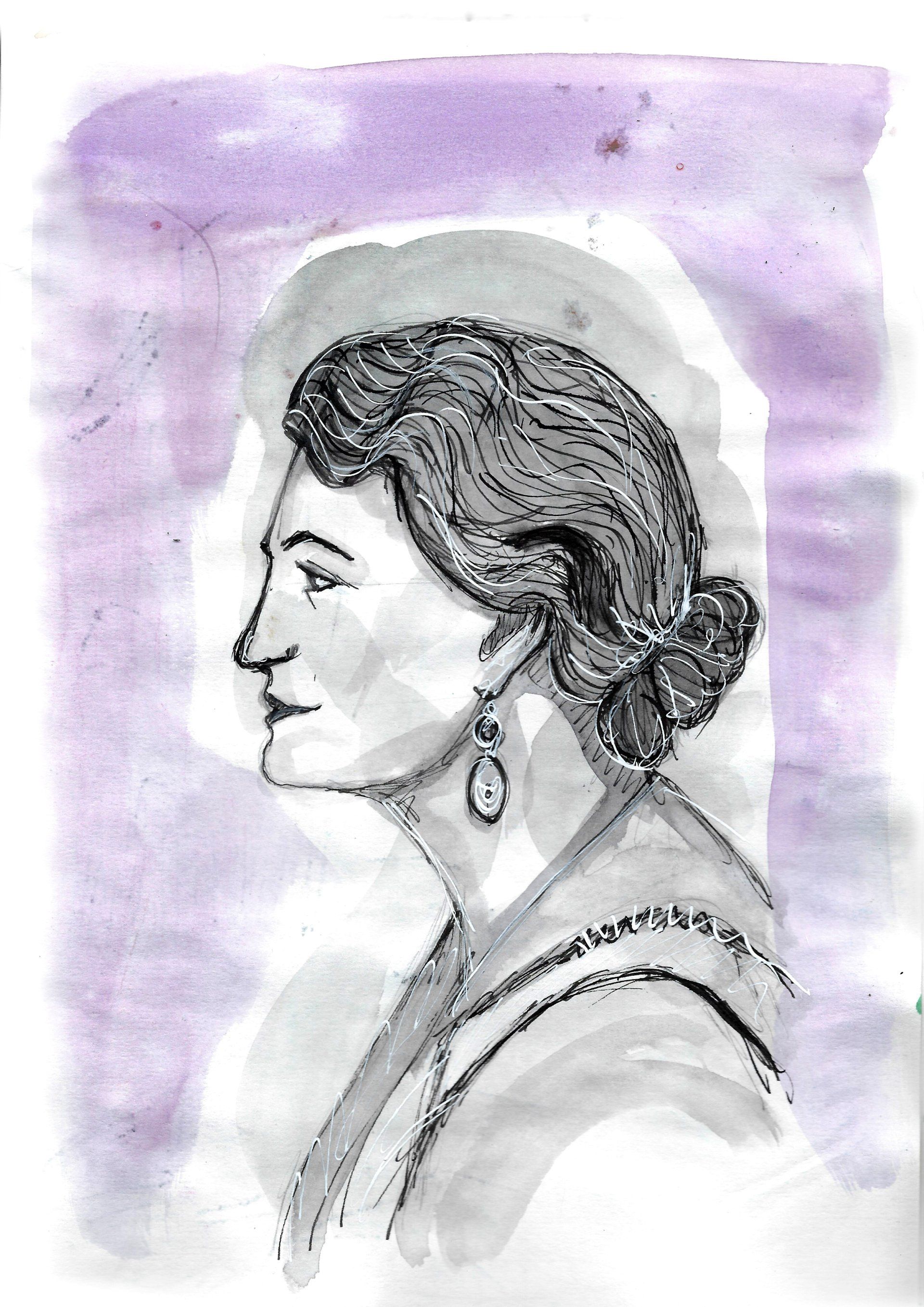Bert 'Chips' Wood
Grimsby’s World War One fighter ace Bert ‘Chips’ Wood lived for the day. He joined the Royal Flying Corps in 1916 and had 13 confirmed aerial victories, unheard of when the average life expectancy of an RFC pilot was 11 days.
His story begins in Grimsby in 1898. His father Walter was a magistrate, and the family lived at Ernecroft on Abbey Road. Bert’s brother Ted was also killed during the War, and the two were the focus of a book called ‘Two Soldier Brothers’ published in 1919.
Bert was a pupil at St James’ School and was the first boy scout to be registered in the town. He went on to form a scout group called Hound’s Patrol with three of his friends.
When Baden Powell, the founder of the scout movement, came to visit Grimsby in 1911 Bert was introduced to him as Leader of the 3rds – the Scout group set up at his school.
Bert’s flying career saw him awarded the Military Cross and Bar for his gallantry and devotion.
In 12 weeks, he accounted for 36 German planes, some outright ‘kills’.
In a letter home he recalled tangling with Richtofen, the famous German Red Baron.
He was killed in a flying accident in November 1917 in England.
He was flying his Sopwith Camel to practice dogfighting tactics with another pilot when he suddenly slumped forward in the cockpit and his plane nosedived in to the ground killing him.
He was recovering from a bout of the Spanish Flu and it’s believed he may have fainted.
Throughout his flying career, he had carried a lucky mascot – the Lincoln Imp – on the day he was killed the mascot was still in his plane in France.
His body was returned to Grimsby on a gun carriage, and he was buried with full military honours in Scartho Road Cemetery.
In one of his last letters home, he summed up his philosophy on life: “My motto has always been ‘today’ and perhaps it is a very good thing for me. You know, Dad, when I was out in France, I got to look at things in such a light that it was impossible to make any future arrangements, and so I lived for the day, as I do now.
“It stopped me from being a coward anyhow, and if a fellow can prove to himself that he is not a coward and is not afraid to meet the shadow we call Death nor the challenges faced in this great game of life, well, it makes up for thousands of failings”.
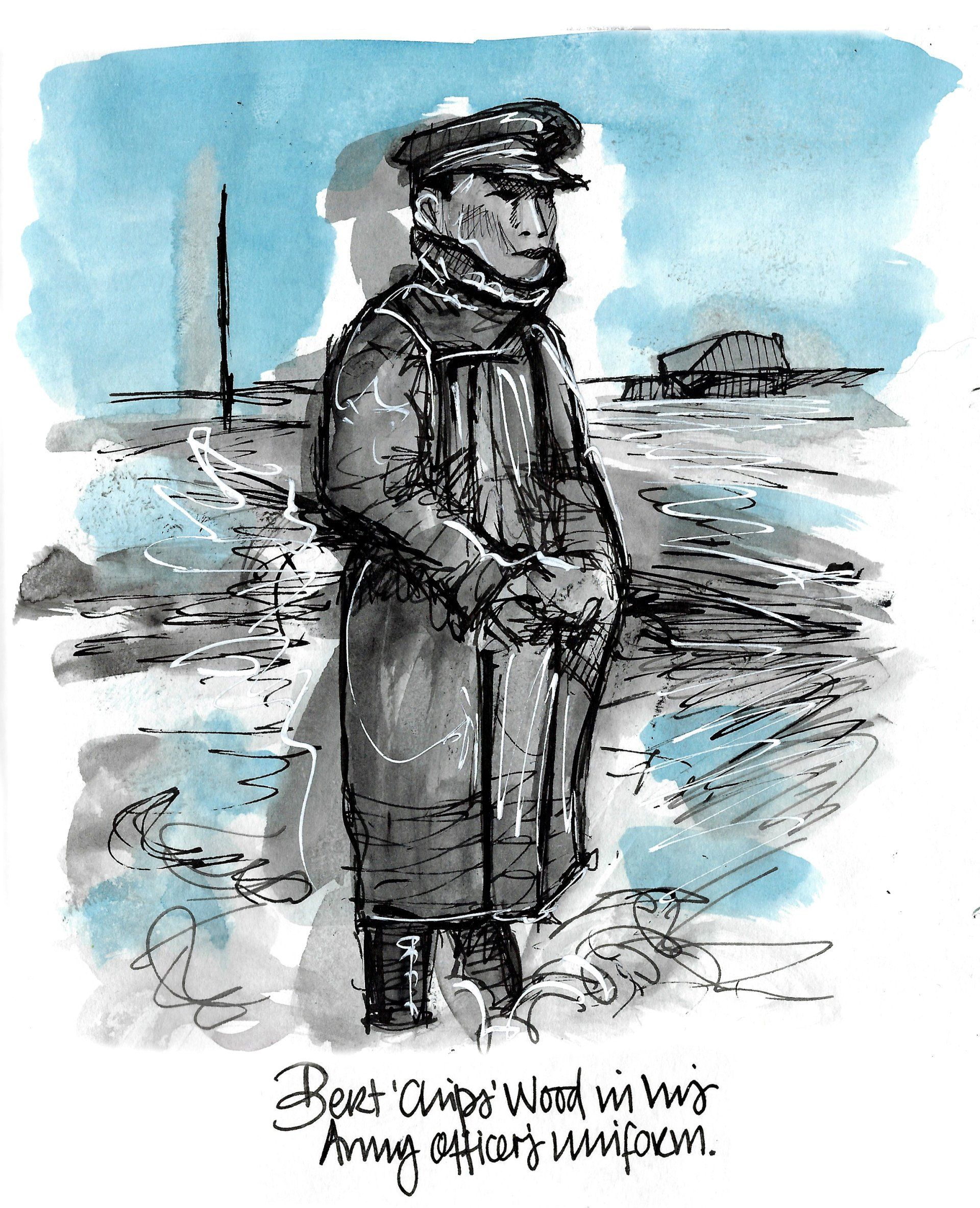
Research and words: Emma Lingard of Lingard’s Lincolnshire Guided Walks. Illustration by Sarah Palmer of The House with the Blue Door.
Grimbarians Through Time Project in partnership with Time Trap Museum supported by the Culture Recovery Fund.


